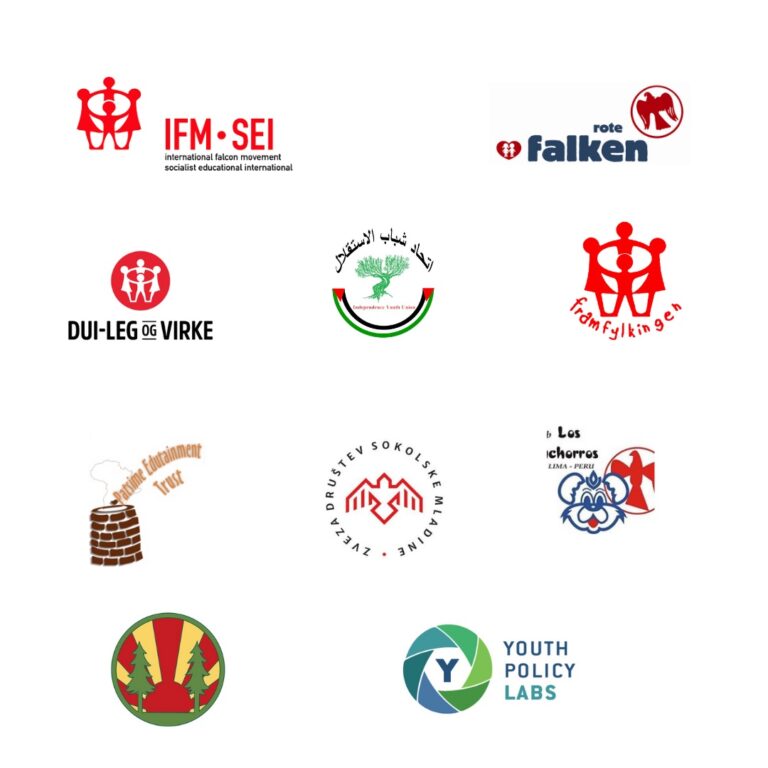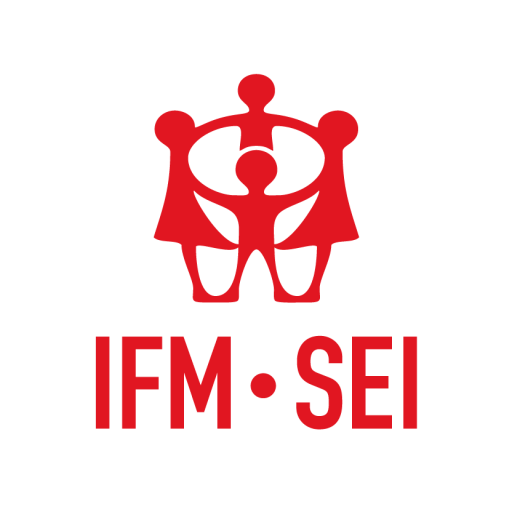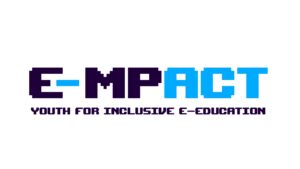
“E-mpACT: Youth for inclusive e-education" is a three-year project focusing on addressing the youth needs during and post covid-19 pandemic, addressing digitalization, non-formal education and international solidarity. E-mpACT aims to raise awareness in youth work by examining the pandemic’s impact on non-formal education and international solidarity. By providing elicit analysis of the social impact and youth worker’s perceptions of the challenges of digital literacy, to advocate for an accessible youth work in relation to the pandemic and solidarity policy with neighboring countries of the EU and different regions in the world. This project wants to ensure that future policies on digitalization consider the specific needs and aspirations of young people from marginalized communities, and address challenges and barriers they face in active e-participation. E-mpACT involves young people/youth partners from 8 countries and 4 continents.
The specific objectives of this project are the following:
- To build the capacity of young people and youth workers to be able to facilitate e-learning and blended activities.
- To develop a non-formal educational toolkit for youth work based on qualitative research and best practice exchange focusing on inclusive facilitation on e-learning and blended activities. To conduct research designed and implemented by young people from 8 different countries from 5 different world regions on the impact of COVID-19 on youth work, focusing on non-formal education and international solidarity.
- To raise awareness with youth work stakeholders from 8 different countries from 4 different world regions on the COVID-19 pandemic impact on youth work, especially on non-formal education and international solidarity.
- To advocate accessible youth work in relation to the pandemic and solidarity policies with neighbouring countries of the EU and different regions in the world.
- To build the capacity of young people to develop a policy focusing on youth work, especially inclusive e-learning and international solidarity, and to advocate for the policy developed locally and at the EU level.
- To establish an e-learning platform that is accessible especially for young people with fewer opportunities.
What E-mpACT wants to Achieve?
- Increase digital skills
- Training of trainers on blended activities
- Inclusive e-learning
- International Solidarity
- Research on covid-19 on youth work
- Advocacy at EU and national levels
E-MPACT - PHASES
2022
Kick-off Meeting
The main objective of this meeting is in-depth planning of the overall project goals and outputs with the young people and partners. Defining the responsibility and deliverables between partners, clarifying of management, reporting procedures and individual commitments, and clarifying the role of the national youth groups.
Methodological co- Design meeting
This activity will bring together coordinators and 2 young people from each of the 08 partner organizations to train them on how to use co-design methodology for self-analysis.
E-learning Phase I
This activity will involve 16 young people taking part in the first phase of e-learning training.
E-learning Phase II
This activity will bring together 16 young people taking part in the second phase e-learning training.
Training Course I
In this activity, 16 young people will be brought together to participate in the first face-to-face training
National Training Course
This activity will be implemented in each of the partner countries. Each of the two young, trained educators will be implementing one peer e-learning activity. The peer educators will work alone or in pairs and will put their learning from phase I and phase II into practice.
Training Course II
In this activity, 16 young people will be brought together to participate in the second face-to-face training
National Co-design
In this phase of the project, 19 participants from each partner organization will be designing and collecting data for the research
2023
National E-learning
In each of the partner countries, each of the two young, trained educators will implement one peer e-learning education activity. The peer educators will work alone or in pairs and will put their learning from phase I and phase II into practice.
Check-in Meeting
A check-in meeting is an international meeting where the project will monitor what has happened so far in the project and check in to advance the project plan and activities.
E meeting to share the national co-design results
Through this activity, young participants from all the partners organizations will come together to share the result of their data and the material they collected to be fed into the educational toolkit and the research paper.
National Training
In each of the partner countries, each of the two young, trained educators will implement one peer education activity. The peer educators will work alone or in pairs and will put their learning from phase I and phase II into practice.
Educational Toolkit workshop
32 young people representing the partner organizations will participate in a workshop to develop an educational toolkit on non-formal education in inclusive facilitation in e-learning and blended activities
2024
Research
The research is an international activity that will focus on the impact of covid-19 on youth work, focusing on non-formal education and international solidarity in the European context and beyond.
EU Public event
This is an EU event that will be organized to present the national and EU policies developed and to be advocated for.
Read the press release here
8 Public Events
The public events are national activities organized by each partner to present national policies developed through the project and advocate to their policy makers.
E-learning platform dissemination
Participants will meet to put the knowledge, experience, and skills they have gained in the project into drafting what is needed from the e- learning platform.
8 Roundtables
The public events will be 8 National stakeholder round tables on inclusive youth work and e-learning focusing on Covid-19 impact and international solidarity policies.
Evaluation and follow up meeting
The Evaluation and follow-up meeting will conduct a final evaluation of the project with representatives from the partner organizations using individual and group qualitative and quantitative assessment methods.
EU Roundtable
This is an EU event that will be organized on inclusive youth work and e-learning focusing on covid-19 and international solidarity.
Outputs
- Research Paper
- Educational Toolkit
- Policy Paper:
- Social media Campaigns
- E-learning platform
